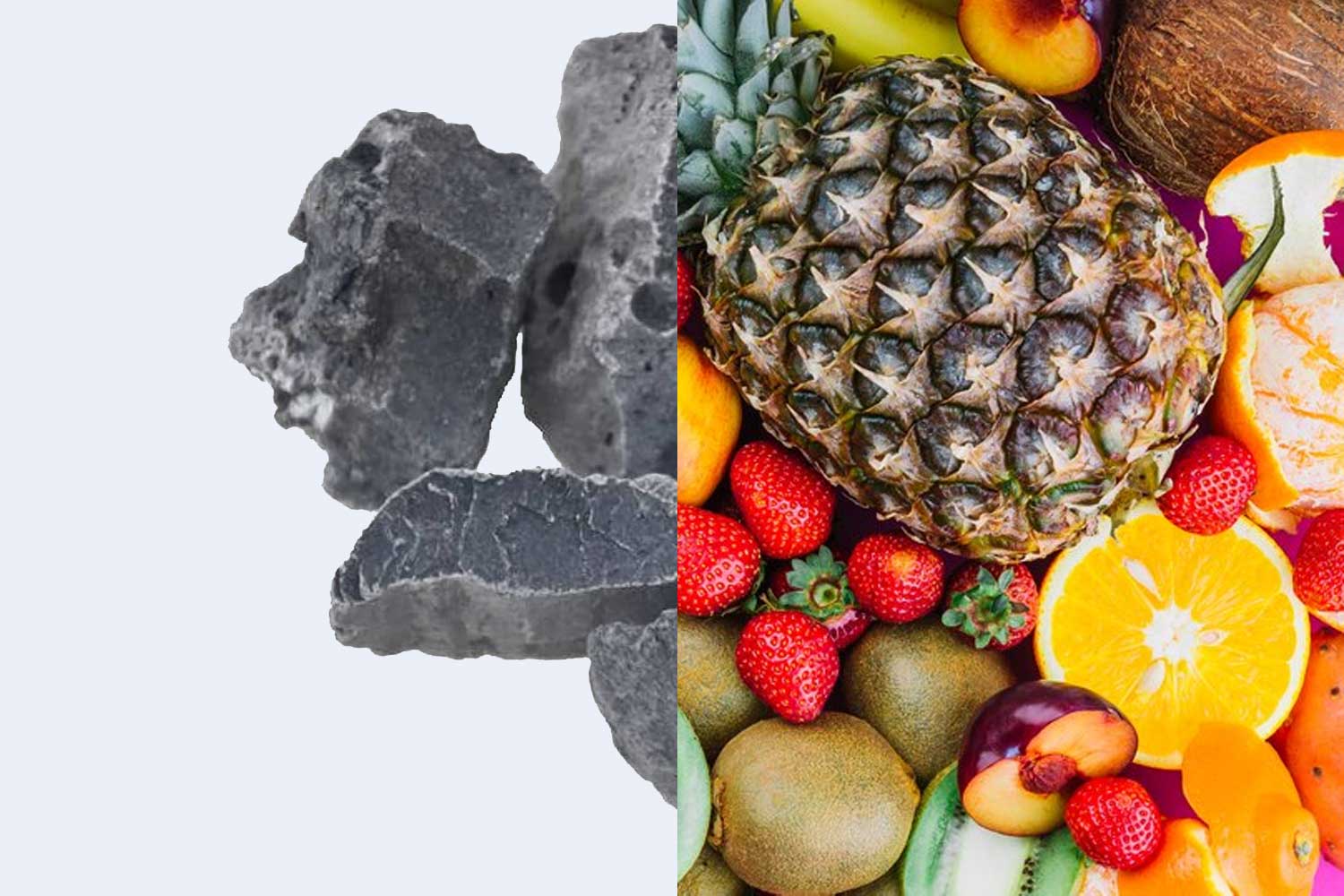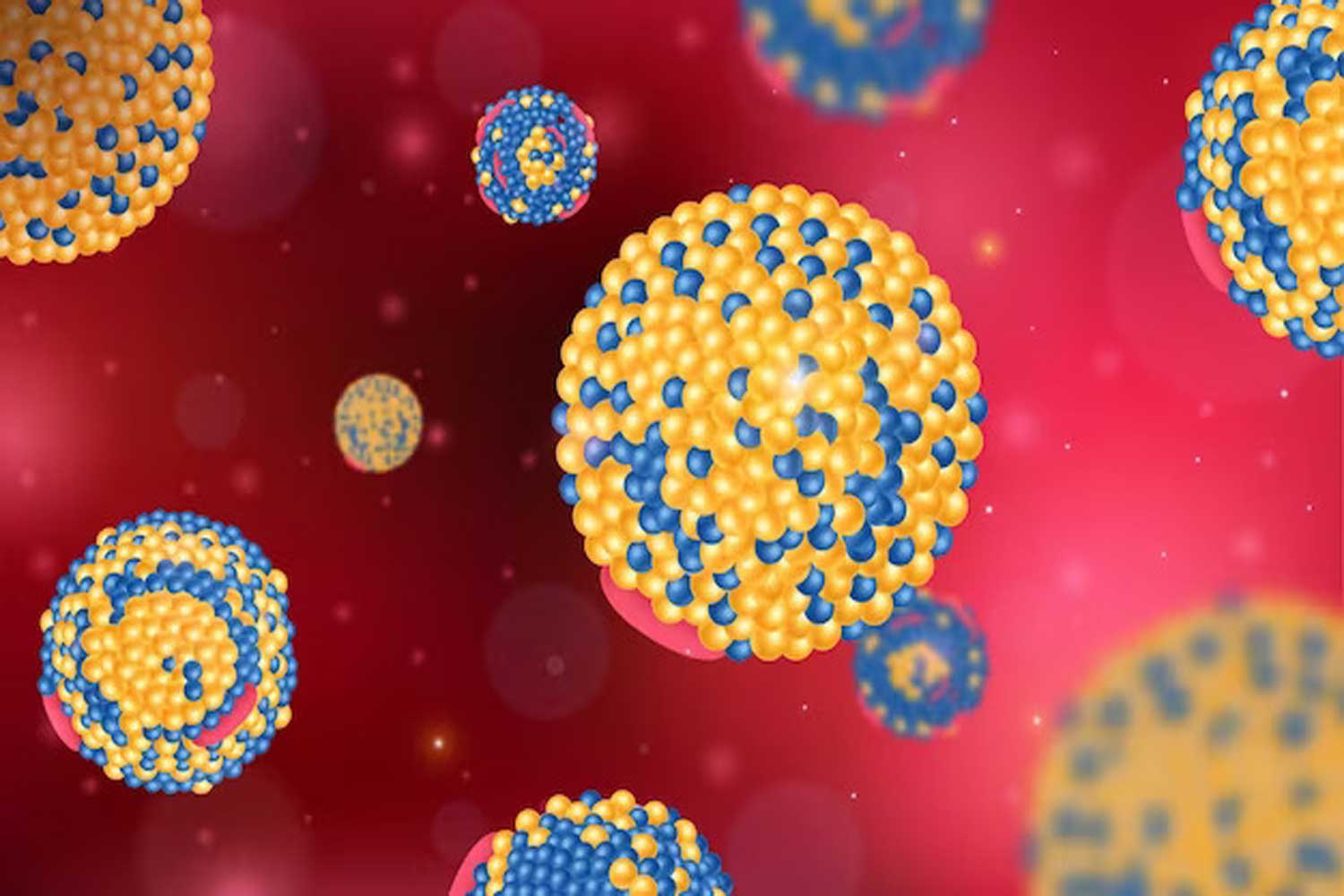In today’s health-conscious world, maintaining a balanced diet is crucial. Among the many essential nutrients, Vitamin B6, also known as pyridoxine, plays a vital role in promoting overall health and well-being. This water-soluble vitamin is involved in various bodily functions, making it an essential nutrient to include in your diet. Whether you follow a vegan lifestyle or simply want to explore plant-based sources of Vitamin B6, this article will guide you through its benefits, vegan food options, dosage recommendations, and the potential risks of consuming too much.
Benefits of Vitamin B6
Vitamin B6 offers a wide array of health benefits, making it an essential nutrient for your body. Here are some key advantages:
- Energy Boost: Vitamin B6 is essential for energy production in the body. It plays a vital role in converting the food we eat into usable energy, supporting proper metabolism and enhancing overall vitality. By aiding in the breakdown of carbohydrates, proteins, and fats, Vitamin B6 ensures that our bodies have the energy they need to function optimally throughout the day.
- Brain Function: Vitamin B6 is crucial for brain development and function. It is involved in the synthesis of neurotransmitters like serotonin, dopamine, and gamma-aminobutyric acid (GABA), which play key roles in regulating mood, memory, and cognitive processes. Adequate levels of Vitamin B6 support a healthy brain and can contribute to improved mental clarity, focus, and overall cognitive performance.
- Heart Health: Maintaining a healthy cardiovascular system is essential for overall well-being, and Vitamin B6 plays a significant role in supporting heart health. It helps maintain healthy blood vessels by assisting in the metabolism of homocysteine, an amino acid that, when elevated, is associated with an increased risk of heart disease. By regulating homocysteine levels, Vitamin B6 helps keep the cardiovascular system functioning optimally.
- Immune System Support: A strong immune system is vital for defending against infections and diseases. Vitamin B6 is involved in the production of immune cells, such as lymphocytes and antibodies, which play a crucial role in fighting off pathogens. By ensuring optimal immune function, Vitamin B6 supports the body’s ability to ward off illnesses and maintain overall health.
- Hemoglobin Formation: Vitamin B6 plays a key role in the production of hemoglobin, a protein found in red blood cells that transports oxygen from the lungs to the body’s tissues. Adequate levels of Vitamin B6 are necessary for the synthesis of hemoglobin, ensuring that our blood cells can effectively carry and deliver oxygen throughout the body. This is essential for maintaining energy levels, supporting cellular function, and promoting overall vitality.
- Nervous System Health: The nervous system serves as the body’s communication network, transmitting signals between the brain and the rest of the body. Vitamin B6 is crucial for the proper functioning of the nervous system, as it is involved in the production of neurotransmitters and the synthesis of myelin, a protective covering around nerve fibers. By supporting the health and integrity of the nervous system, Vitamin B6 helps ensure optimal communication between the brain and body, promoting overall coordination, balance, and neurological well-being.
By incorporating Vitamin B6-rich foods into your diet, you can enjoy the numerous benefits this essential nutrient offers. From supporting energy production and brain function to maintaining heart health, boosting the immune system, promoting hemoglobin formation, and optimizing nervous system health, Vitamin B6 plays a critical role in your overall well-being. Remember to follow the recommended dosage guidelines and consult with a healthcare professional for personalized advice.
Vegan Sources of Vitamin B6
If you follow a vegan lifestyle or are looking to incorporate more plant-based options into your diet, here are six excellent sources of Vitamin B6:
- Bananas: This widely available fruit is not only a great source of potassium but also contains a good amount of Vitamin B6.
- Sunflower Seeds: Packed with various nutrients, including Vitamin B6, sunflower seeds make for a delicious and nutritious snack.
- Fortified Cereals: Many brands fortify their cereals with essential vitamins and minerals, including Vitamin B6. Check the label to ensure it is vegan-friendly.
- Avocado: Rich in healthy fats and essential nutrients, avocados also provide a decent amount of Vitamin B6.
- Legumes: Lentils, chickpeas, and black beans are excellent sources of plant-based protein and Vitamin B6, making them ideal for vegans.
- Spinach: This leafy green vegetable is not only high in iron but also contains a good amount of Vitamin B6, making it a nutritious addition to your meals.
Dosage Recommendations
The recommended daily allowance (RDA) for Vitamin B6 varies depending on age, sex, and life stage. Here are the general dosage guidelines:
- Infants (0-6 months): 0.1 mg
- Infants (7-12 months): 0.3 mg
- Children (1-3 years): 0.5 mg
- Children (4-8 years): 0.6 mg
- Children (9-13 years): 1.0 mg
- Adolescents (14-18 years): 1.3 mg for males, 1.2 mg for females
- Adults (19-50 years): 1.3 mg for males, 1.3 mg for females
- Adults (51 years and older): 1.7 mg for males, 1.5 mg for females
- Pregnant women: 1.9 mg
- Lactating women: 2.0 mg
It’s important to note that these are general recommendations, and individual requirements may vary. It’s always best to consult with a healthcare professional for personalized advice.
Surplus and Potential Risks
Excessive intake of Vitamin B6 can pose potential risks to your health, despite its essential role in maintaining overall well-being. When consumed in extremely high doses over a long period, typically above 200 mg per day, this vitamin can lead to neurological symptoms and associated complications. One such condition is sensory neuropathy, which affects the peripheral nerves and often manifests as numbness, tingling, and discomfort in the extremities, particularly the hands and feet. While these symptoms may be reversible upon discontinuation of high-dose supplementation, it’s crucial to note that such excessive levels are unlikely to be reached through diet alone and are commonly associated with vitamin B6 supplementation.
To ensure your safety, it is wise to adhere to the recommended dosage guidelines and consult with a healthcare professional if you have concerns about your Vitamin B6 intake. Healthcare professionals can offer personalized advice based on your specific health needs and help you determine the appropriate dosage for your circumstances. By discussing your dietary habits, lifestyle, and any existing health conditions, they can guide you towards maintaining an optimal balance of nutrients while minimizing the risk of potential side effects.
Remember, Vitamin B6 is an essential nutrient that plays a vital role in various bodily functions. By following the recommended dosage guidelines and seeking professional guidance when necessary, you can enjoy the benefits of Vitamin B6 while safeguarding your health and well-being.
Vitamin B6 is a crucial nutrient that offers numerous benefits for your overall health. Whether you follow a vegan lifestyle or are simply looking for plant-based sources, incorporating Vitamin B6-rich foods into your diet is an excellent way to ensure you meet your nutritional needs. Remember to follow the recommended dosage guidelines and seek professional advice for personalized recommendations. By making Vitamin B6 a part of your daily routine, you can support your energy levels, brain function, heart health, and overall well-being.












